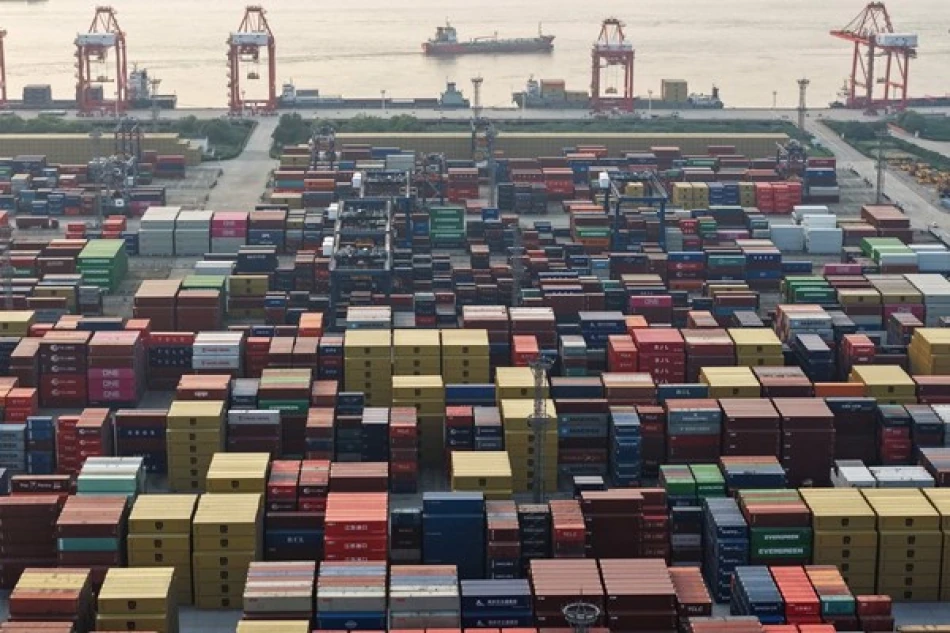
US and China Launch Fresh Talks to Extend Tariff Truce, Boost Trade Negotiations
US-China Trade Talks Resume in Stockholm as August Deadline Looms
Senior economic officials from the United States and China are meeting in Stockholm today to extend a fragile three-month trade truce that has temporarily halted the implementation of punitive tariffs. With an August 12 deadline fast approaching, both superpowers face mounting pressure to forge a permanent agreement that could reshape global trade dynamics and supply chains.
High Stakes Negotiations Under Time Pressure
The Stockholm talks represent a critical juncture in the prolonged US-China trade dispute. Both nations reached preliminary agreements in May and June to cease their tit-for-tat tariff escalations and halt China's rare earth metal export restrictions—moves that had rattled global markets for weeks. However, these temporary measures expire in less than two weeks, creating urgency for negotiators to craft a lasting solution.
The stakes extend far beyond bilateral trade. China's rare earth metals are essential for everything from electric vehicle batteries to military equipment, while US restrictions on AI chips manufactured by companies like Nvidia have disrupted China's technological ambitions. Any failure to reach agreement could reignite supply chain disruptions that ripple through global industries.
Trump Administration's Broader Trade Strategy
The China negotiations come on the heels of President Trump's largest trade deal to date—a comprehensive agreement with the European Union announced Sunday. That landmark pact imposes 15% tariffs on most EU goods exports to the US, including automobiles, while securing $750 billion in European energy purchases and $600 billion in future US investments.
This EU deal provides important context for the China talks, demonstrating Trump's willingness to extract significant concessions while maintaining tariff pressure. For Beijing, the EU agreement likely serves as both a template and a warning of what American negotiators expect from a permanent settlement.
Market and Investor Implications
Previous rounds of US-China trade talks in Geneva and London focused on rolling back retaliatory tariffs from their peak levels and restoring critical supply flows. The resumption of rare earth metal exports from China and AI chip exports from the US would provide immediate relief to manufacturers and technology companies that have faced months of uncertainty.
For investors, a successful Stockholm agreement could unlock significant value in sectors ranging from semiconductors to renewable energy. Conversely, failure to extend the truce would likely trigger market volatility and force companies to accelerate their supply chain diversification efforts—a costly process that many hoped to avoid.
Historical Precedent and Regional Competition
The current negotiations echo the high-stakes trade diplomacy of the 1980s, when the US successfully pressured Japan into voluntary export restraints and currency adjustments. However, China's economic scale and strategic importance make this dispute far more complex than previous trade conflicts.
The outcome will also influence how other nations approach trade relations with both superpowers. Countries like Singapore and the UAE, which have positioned themselves as neutral trading hubs, stand to benefit if US-China tensions persist and companies seek alternative routes for sensitive goods and technologies.
Most Viewed News

 Layla Al Mansoori
Layla Al Mansoori






